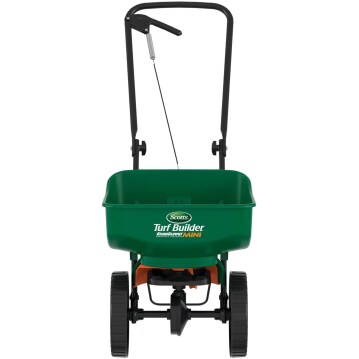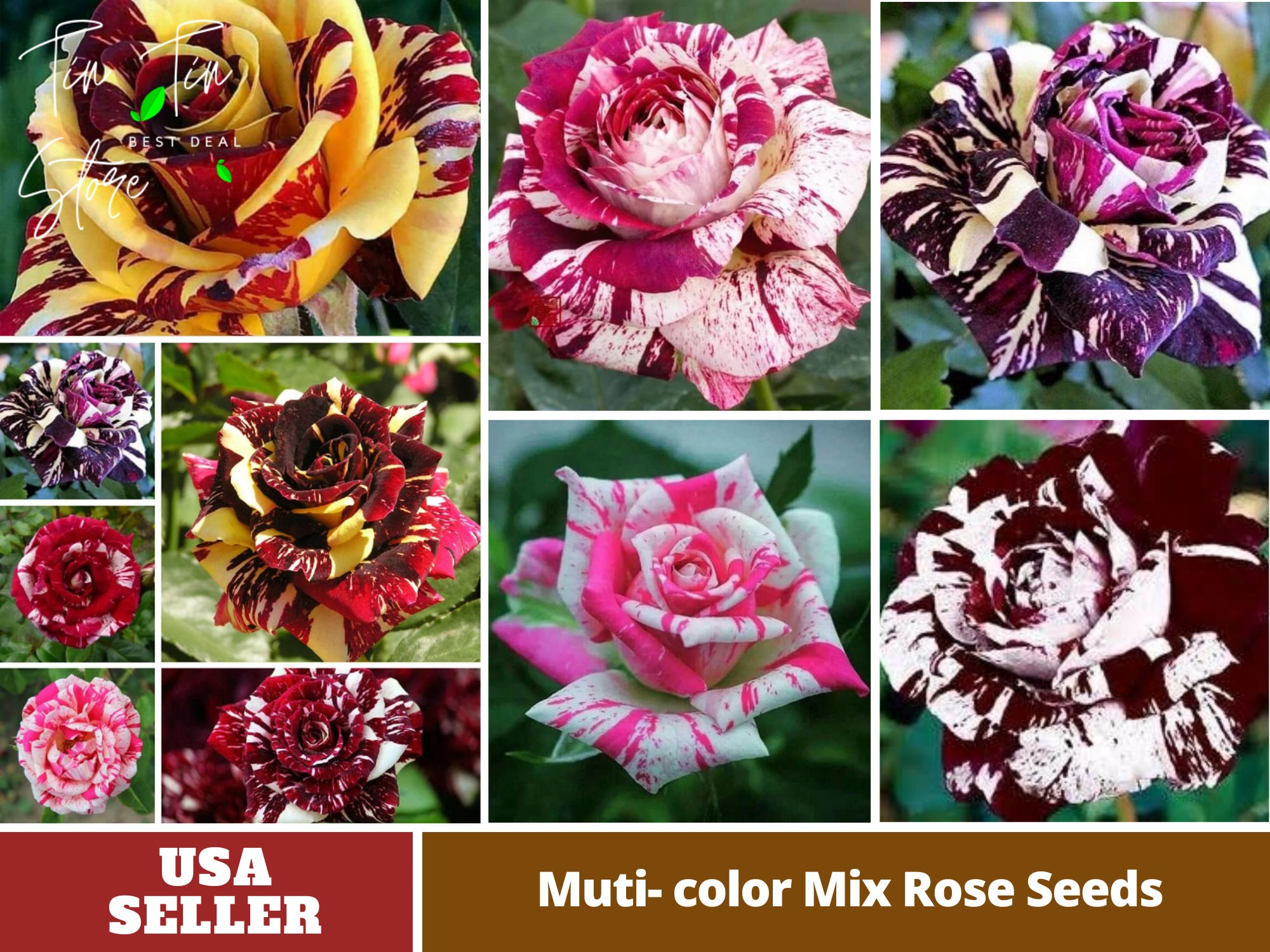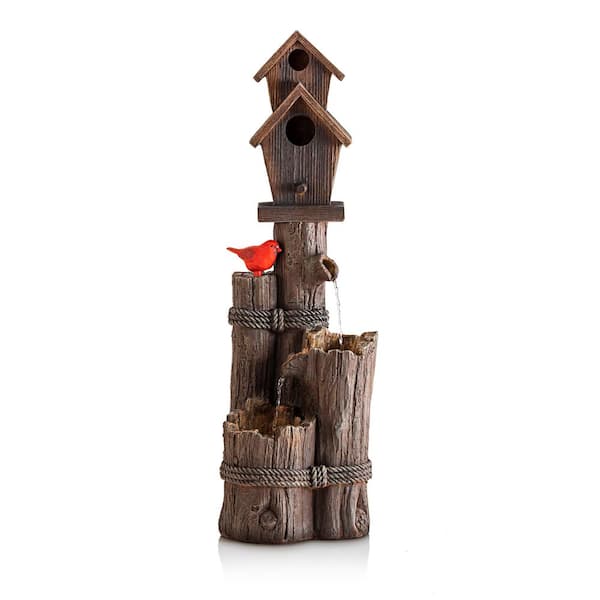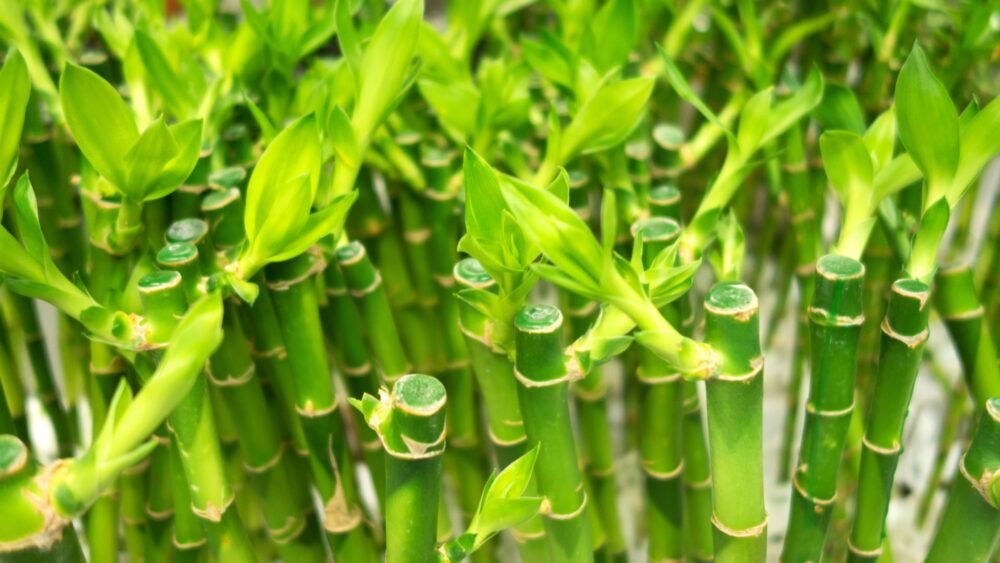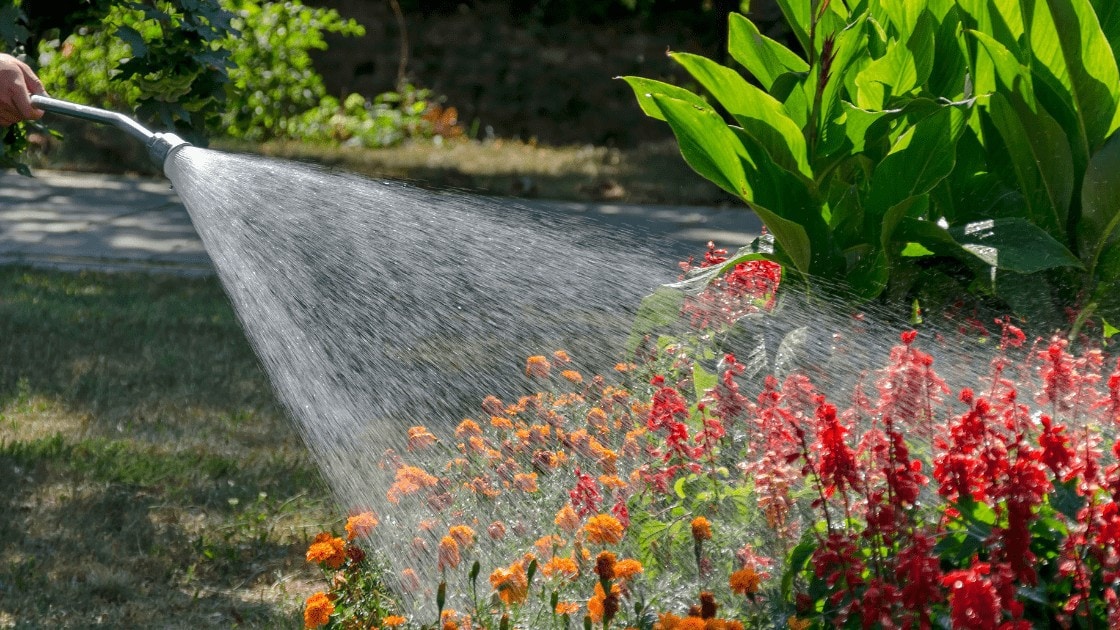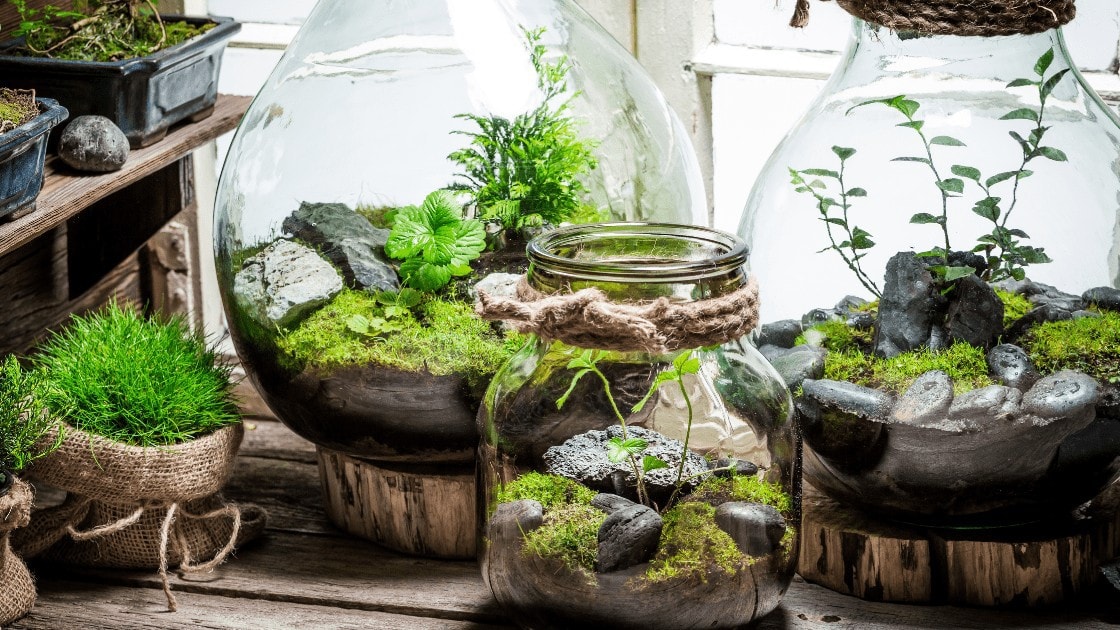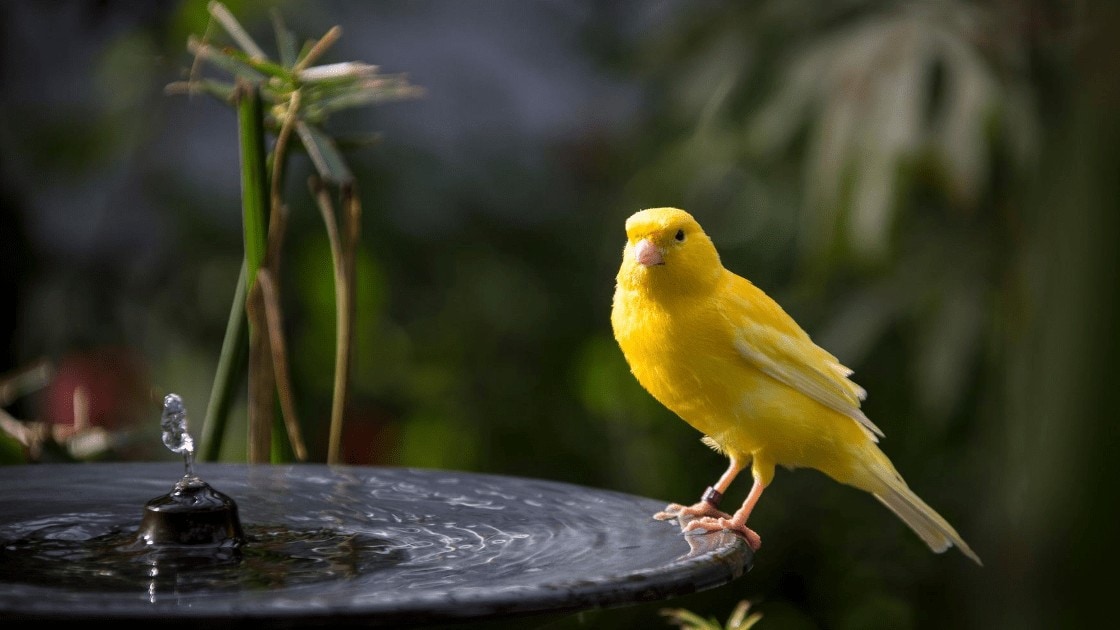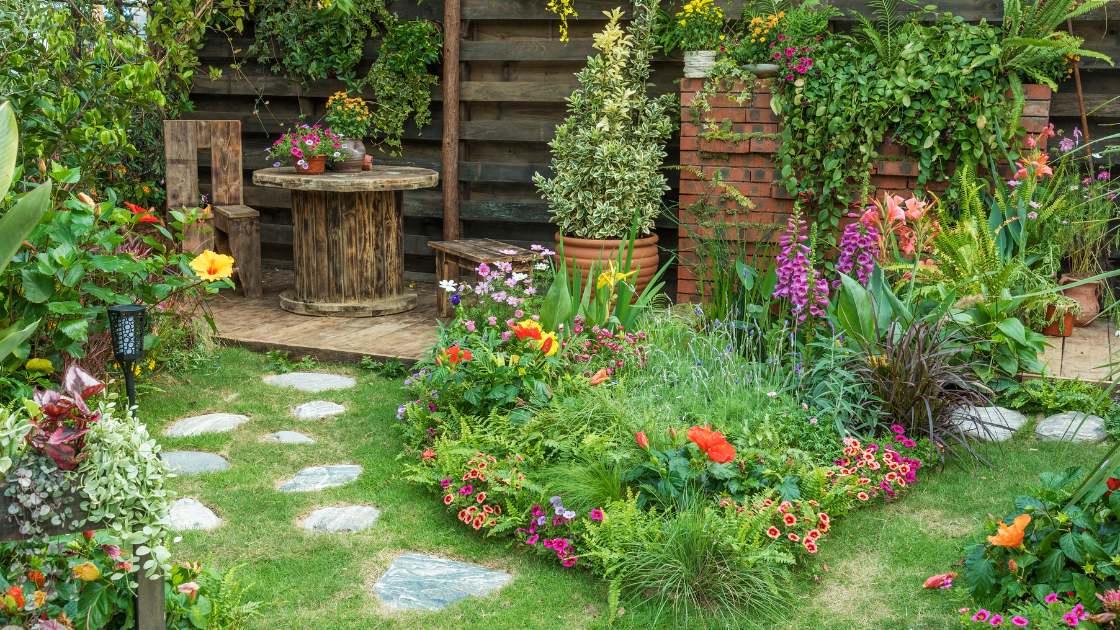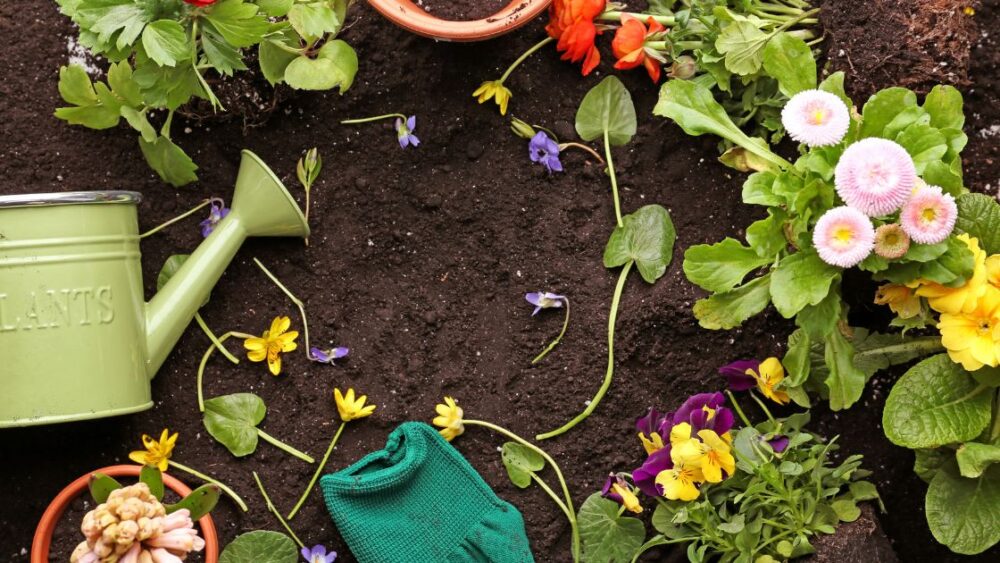
Gardening delights all the senses. The humming of bees among the flowers, the soft dirt between our fingers, the sight of ripening fruit amid the greens, and even the taste of fresh tomato are all elements that create a magical experience. In addition to providing oxygen and food, they provide shelter as well. We can even heal our wounds with them.
There are a number of benefits to gardening besides the physical ones. Gardening teaches us lessons about life as the seasons’ pass learning patience and an appreciation for the fact that things may fail, but that doesn’t mean they weren’t worth it. Additionally, nature teaches us to pay attention to the journey as it is to the final result, as planting a garden involves more than sowing seeds and reaping fruit. You can learn many life lessons from gardening that apply to all aspects of your life! For more in-depth information read on.
Patience
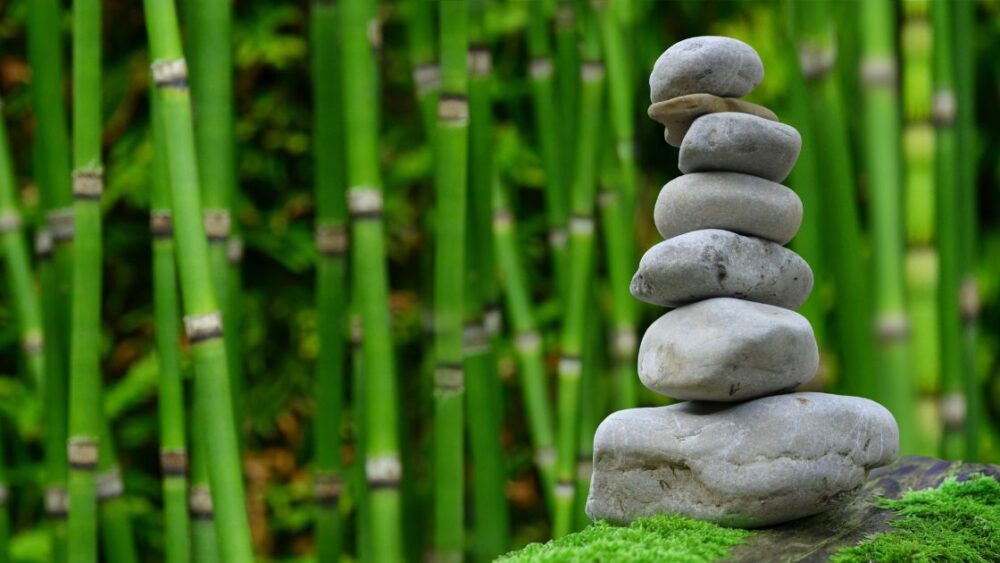
When it comes to gardening, it’s important not to rush. The sprouting of a seed does not happen immediately; it takes time. Regardless of what you do, plants and trees take time to grow, bloom, and bear fruit. Technology or chemicals cannot speed it up. There’s nothing wrong with that!
Browse our Affiliate Products
If you have never planted seeds before, you may find it hard to believe that a beloved, beautiful, and highly desired plant, vegetable, herb, or bloom could come from such a tiny seed. But with patience and proper soil, water, and warmth, it can and will grow. Such a simple item – a seed – teaches us so much about life!
Take the time to educate yourself about what you want, whether it’s a skill, a career move, a craft, or a journey, then implement a plan to bring it to pass. Practicing patience and trust rather than snapping your fingers and making it happen.
Planning and Preparation
Planning and organizing are skills that can take years to master. Gardening is a craft that requires both the skills of a planner and an organizer to be successful. It is possible to throw together a garden with little thought, but it will not be very successful and won’t bring much joy.
Gardening is easier when it is planned well. Gardening with a plan saves time and is more productive than gardening without a plan. The best gardeners start planning and preparing their gardens well in advance so that they are ready to begin when planting time arrives. A soil tilling must be performed early in the spring if it has not been done in the fall.
During the planning stage, he took into account what seeds and fertilizers he would be purchasing for the coming season and prepared the soil accordingly. Hence Gardening also teaches us to plan and prepare for the future.
For more information on gardening, check out this article:
Creativity
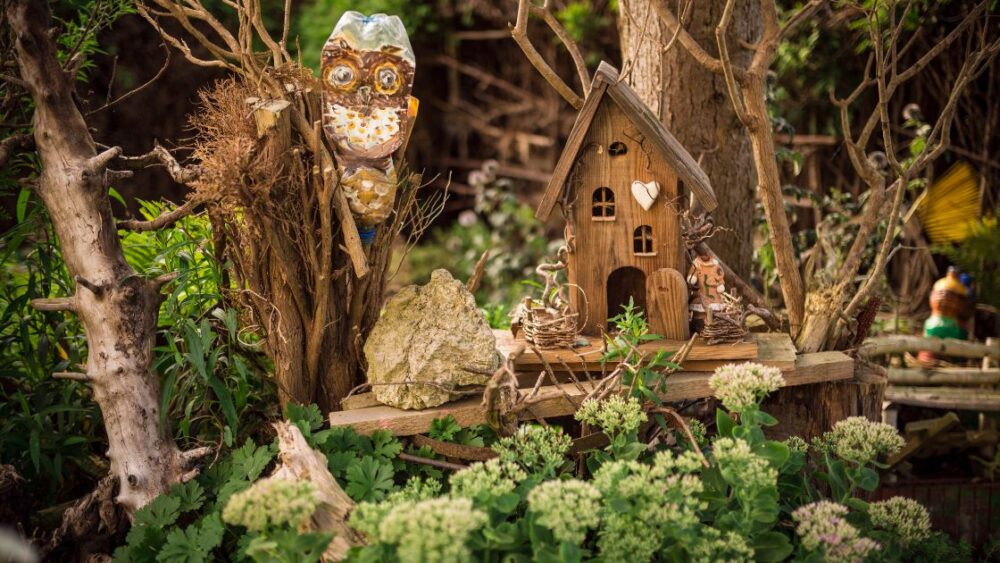
In addition to stimulating your imagination, gardening can also help you exercise your creativity. Creative thinking and hard work are essential for creating a beautiful garden. In order to improve your garden, you had to work harder and be more creative.
No matter what you are doing in the garden, whether you are choosing plants, learning about growing things, or planting things, there is no doubt that it is a wonderful place to explore and discover new and exciting ways to build and grow. You have learned that is something that can be applied to other areas of your life as well.
Furthermore, it has been found that indoor plants, trees, and flowers are able to spark creativity in both you and your employees. Researchers at Texas A&M University have found that plants can boost creativity at work by 15% or more.
While flowering plants are a favorite, check out this article on succulents and other types of gardens:
- Mini Succulents: The Big World of small plants
- How to Build Your Own Fairy Garden: Your Step-by-Step Guide
- How to Build Your Own Terrarium: Beginners Guide
Problem-solving skills
Life inevitably has its ups and downs. Throughout our lives, we all face problems. It is important that one faces these problems head-on and tries to find solutions to them in a positive way. Gardening is an excellent way to learn this skill.
As a gardener, you are faced with a series of small problems that require innovative solutions, which improves your problem-solving abilities. It may be as simple as removing weeds, staking top-heavy plants with stakes, or adding compost to strengthen the soil by eliminating weeds.
Tools and Safety
Among the skills that are developed through gardening is Responsibility- as a result of caring for plants. Self-confidence – they have grown after achieving their goals and enjoying the food. Understanding – as they learn about cause and effect (e.g., plants die without water). Similarly, gardening teaches us how to choose the best tool for the job. We learn how to handle lightweight, easy-to-handle, appropriately sized tools and garden equipment.
Furthermore, it teaches a lesson about following safety rules. For example, the following are some safety rules of gardening can make the garden safe for children:
- Be sure to choose the right tool for the job.
- Fertilizers and sprays should be kept away from children.
- Avoid using chemicals. Whenever possible, grow organically.
- Equipment and tools should be stored in a safe place.
- Ensure that gates and fences are secure.
- A shade cloth or umbrella can provide shade during the summer.
- Children should wear hats, sunscreen, appropriate clothing, and gumboots where appropriate.
- When young children or toddlers are around buckets of water, a family member should be watching.
For more information on tools, check out this article:
Responsibility
Taking responsibility means always being reliable for the people around you. Additionally, it means making a positive impact on your family, community, and society as a whole.
It helps children develop their sense of independence, set expectations, and follow through to ensure that tasks are completed, as gardening is a valuable tool for teaching responsibility.
When kids are assigned gardening tasks, they are able to learn responsibility. Provide them with instructions on when, how, and how often to water their crops.
In order to be responsible, you need to take credit when you do things right and take responsibility when things do not go as you had hoped. When you garden with your kids, you can teach them to own up to their mistakes and learn from them.
Also, with everything worthwhile, some things need maintenance. For more information check out this article:
Cooperation
As a family, you can enjoy gardening together as a way to learn about teamwork, as well as lessons about cooperation.
During a cooperative effort, you can assign tasks between you, especially if one task depends on the completion of another. As an example, one person can dig holes, the other can place seeds in the holes, and the third can cover the seeds with soil when planting.
When your child receives one of the tasks, he or she realizes that others depend on him or her to perform the planting process on behalf of others.
Your child will be happy to know that he or she played a part in planting the seeds, which contributes greatly to your child’s sense of responsibility. Since gardening is cooperative work, he knows the results are promising because everyone cooperates to accomplish well to get the fruits of their cooperative effort. As a result, gardening also teaches lessons about cooperation.
Final Thoughts
There is no doubt that gardening will inspire you every single day with its uplifting experience. The work that you put into your garden, whether you plan, plant, maintain, or harvest, will not only produce a beautiful garden but also teach you some valuable life lessons.
It’s true that gardening isn’t an easy task. It’s not just a matter of happening. We face a few stumbling blocks along the way, but nothing too challenging. When you put in some time and effort, you’ll be so excited with results and learn so many valuable gardening lessons that you’ll be proud to call yourself a gardener!


